Complex translations of the Bible have led to confusion and debates about what God really wants from us, and we’re here to clear the air. We’ve highlighted 17 Bible verses known for their controversial nature, especially concerning how they relate to the values of our modern times.
Genesis 1:26-28: The Creation of Man
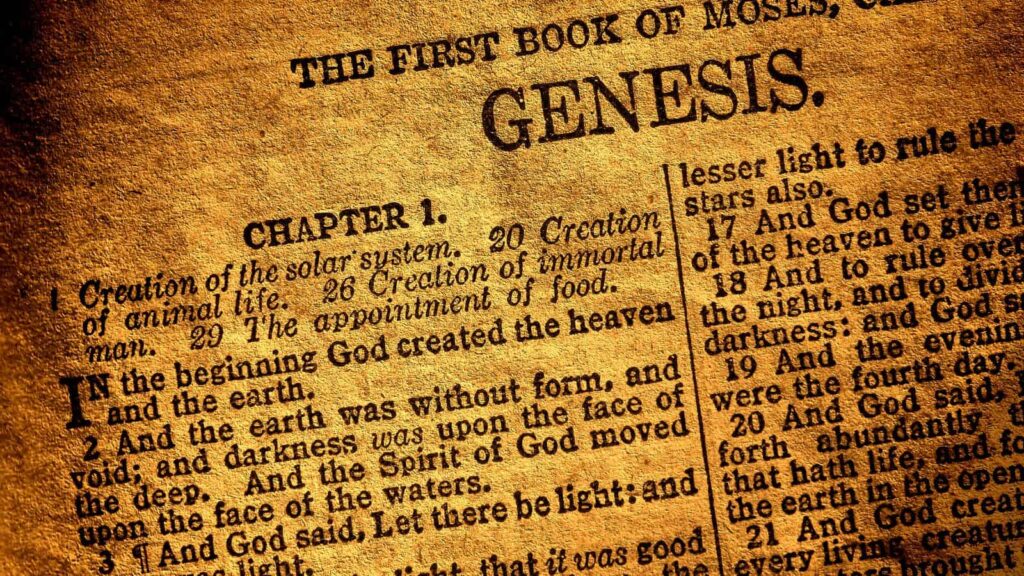
Genesis raises issues surrounding humans’ domination over other beings and the discrediting of animal rights. Many people argue about whether this should be interpreted literally or metaphorically, especially in a bid to unite the distinctive narratives of evolution and creation.
Exodus 21:20–21: Laws About Slaves
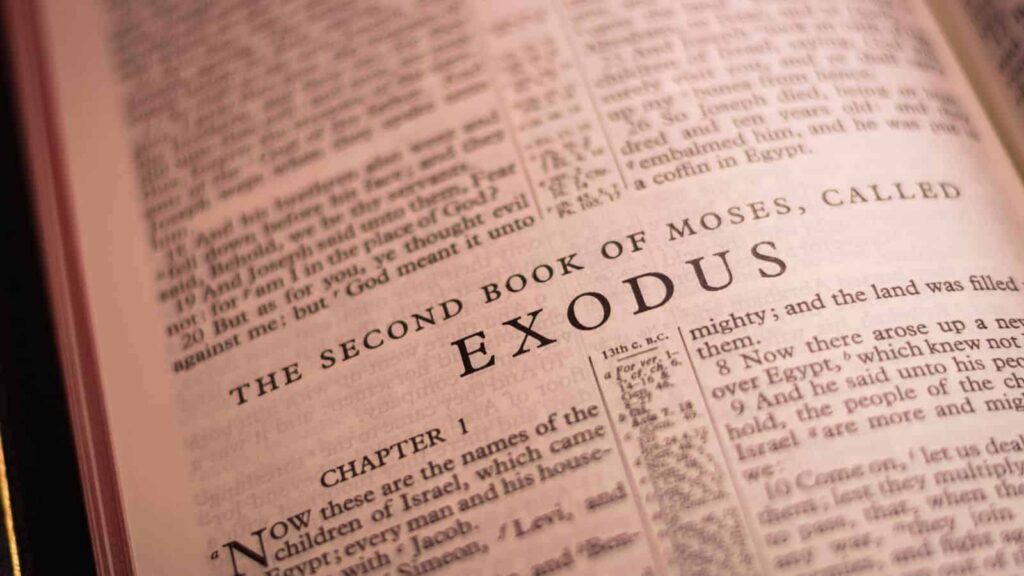
We all know how sensitive the issue of slavery is, and in Exodus, verses seemingly approve of acquiring slaves and even beating them as long as it doesn’t lead to death. People are always debating the morality of this, given the historical context and modern views around slavery.
Matthew 19:12: Eunuchs and Celibacy
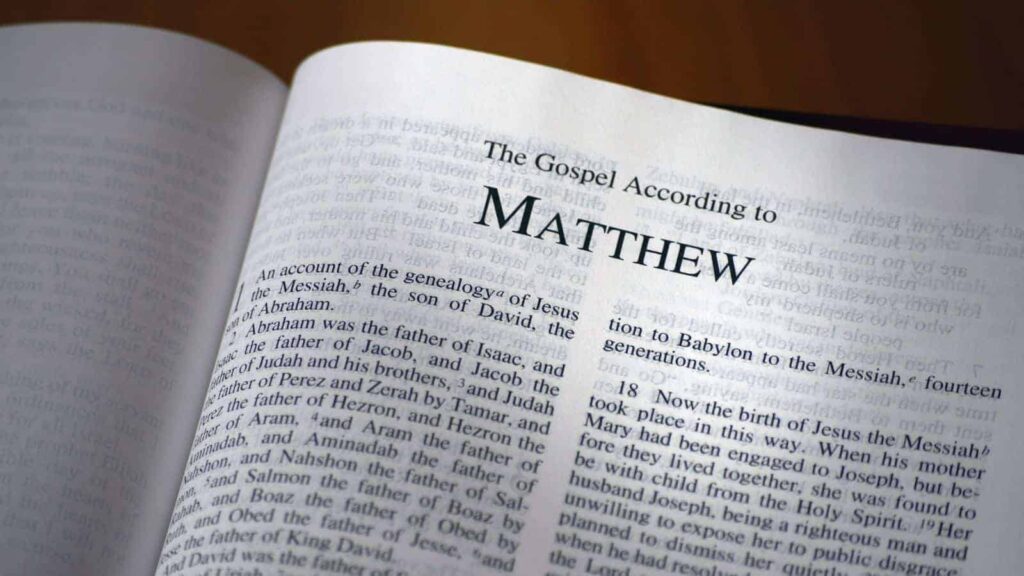
Jesus’ praise of eunuchs who have made themselves so for the sake of God has sparked debates around their chastity, especially given the historical context of the transgressions some are known for. Fordham University also argues that the ideas of celibacy and eunuchism have been unnecessarily conflated.
Leviticus 18:22: Prohibitions Against Same-Sex Relationships

Verses in Leviticus spark debates about the rights and acceptance of the LGBTQ+ community. Those in support say that the Bible never specifically addresses these relationships as a sin, and the different stances have led to divisions in terms of church policies and teachings about marriage and sexuality.
Job 1:6–12: The Suffering of Job

The story of Job has led others to disheartening confusion about God’s nature in the face of suffering and evil. Many question whether there is righteousness in suffering in life, and there are arguments about the role suffering plays in God testing our faith and exercising divine justice.
Psalm 137:9: Violence in Psalms
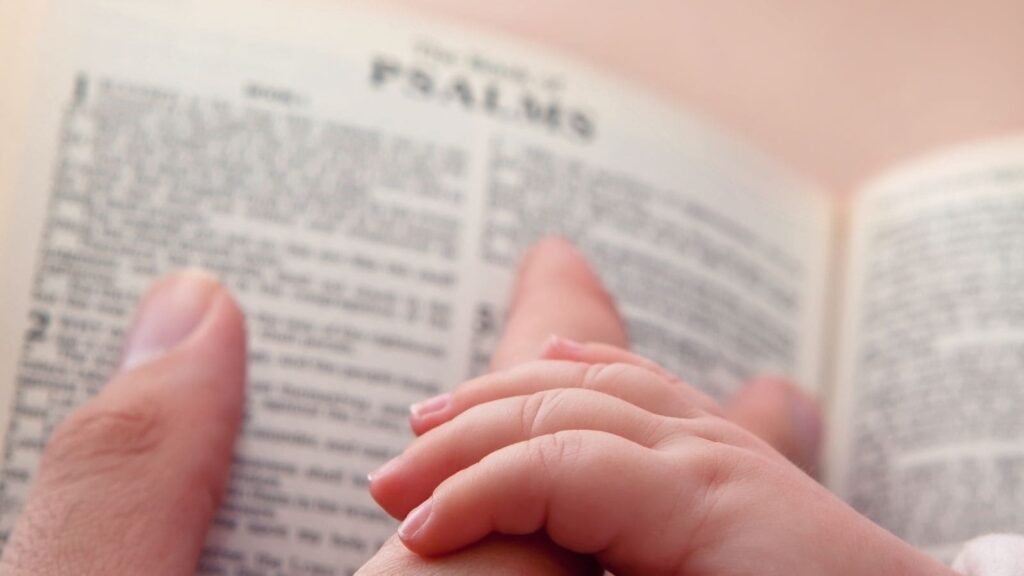
Many are drawn back by the graphic imagery of violence, especially against children, in this Psalm verse, making them question the Bible’s status as a peaceful text. The verse also sparks debates about aggressive expressions of vengeance and whether the Bible sees handing out justice through anger as an acceptable virtue.
Matthew 5:32: Divorce and Remarriage

Matthew 5:32 is a classic source of argument about the Christian acceptance of divorce in the institution of marriage. There have been countless discussions about the verse’s implications for the divorcees, especially the woman who’s called an adulteress for having relationships after the divorce.
Mark 10:25: Rich Men Entering Heaven

Mark says that it’s easier for a camel to pass through the eye of a needle than for a rich man to enter paradise, sparking debate about whether this was meant literally or metaphorically. Many argue that money doesn’t belong in Heaven, whereas The Guardian raises questions about such conditional love.
Acts 5:1–11: Ananias and Sapphira
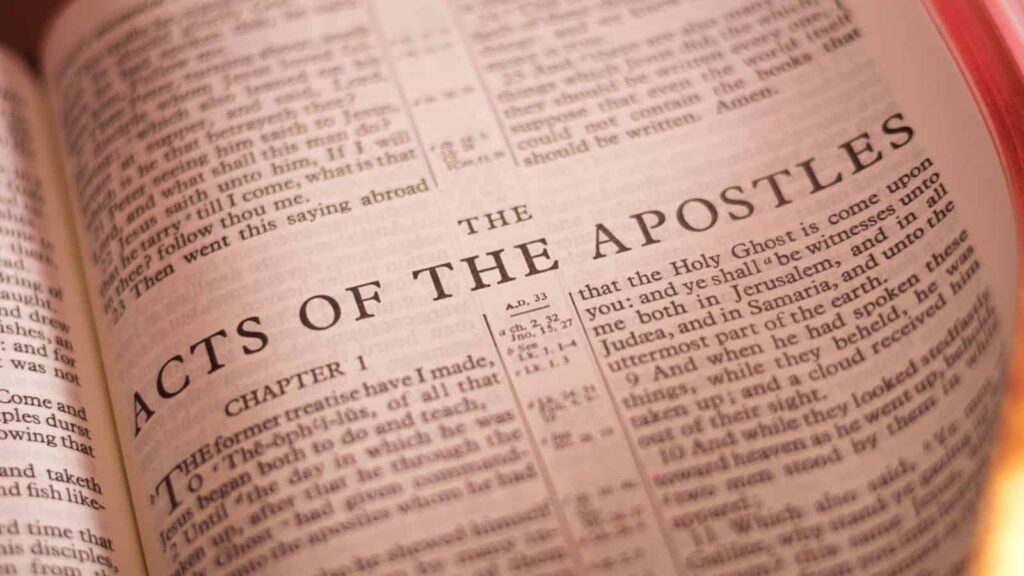
The judgment given by God to Ananias and Sapphira is a source for debate about the severity of God’s punishment, with many pointing out an imbalance between God’s justice and mercy. People also talk about the relevance and implications of honesty and integrity in acquiring the Kingdom of God.
1 Corinthians 14:34–35: Women in the Church

There are countless debates about sexism in the Bible, especially about this verse, which implores women not to ask questions in church but to wait for their husbands’ answers. There are constant debates about whether this verse is cultural or simply a traditional part of the faith.
John 6:53–54: Eating Flesh and Drinking Blood

John’s instructions to consume Jesus’s flesh and blood have raised questions about whether we should understand the New Testament symbolically or literally. The BBC presents the arguments, claiming that some say the bread and wine are symbolic of the Last Supper, while others believe that they represent the actual flesh and blood of Jesus.
Galatians 3:28: Equality in Christ

Galatians 3:28 states that there are no races, nationalities, or genders under Christ, which is often featured in debates about social discrimination. More specifically, people discuss the verse’s contradictions with other Biblical teachings and the inherent value the Bible gives to every class of individual.
1 Timothy 2:12: Authority of Women
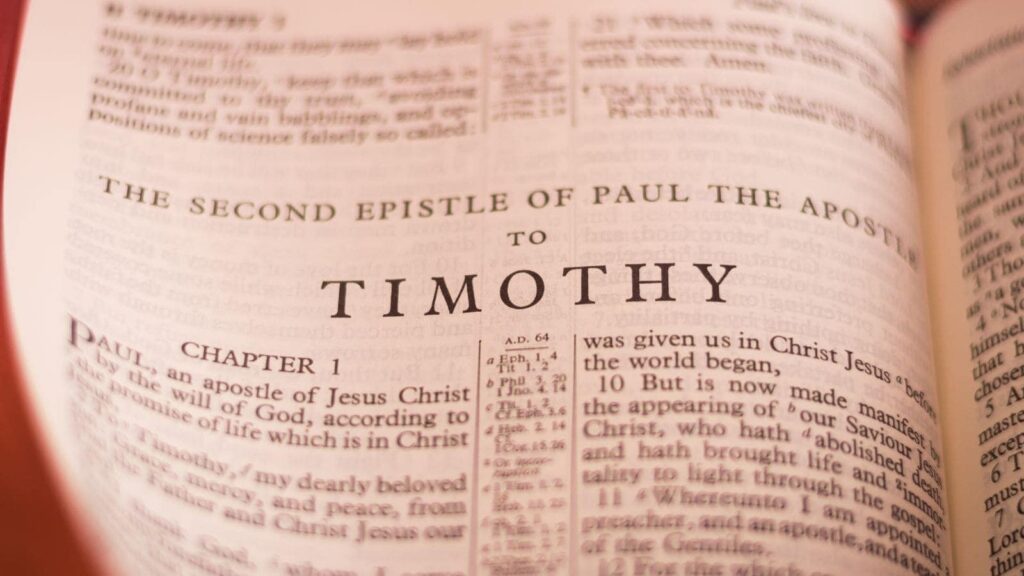
Some of Timothy’s verses challenge the acceptability of women in positions of leadership, removing women’s rights to make statements or exercise authority when a man is present. Debates aren’t just limited to roles in the church; they also extend to women’s authority in society.
Hebrews 6:4-6: Apostasy
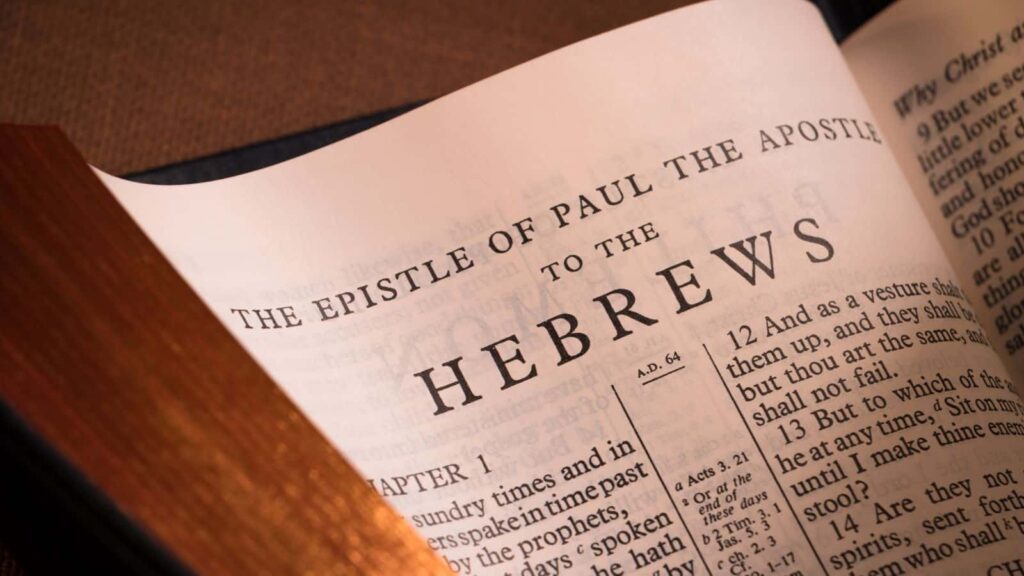
Hebrews fuel discussions about the salvation of apostates; many wonder about the permanence of apostasy and its relationship with grace and human will. There are also discussions about the type of apostasy Hebrews 6:4-6 relates to, with some thinking it is rebellion, turning away, or slowly falling away.
Revelation 13:16–18: Mark of the Beast

The University of Michigan shows Revelation to state that “Both small and great, rich and poor, free and bond” will receive a mark on their hand or on their foreheads. Debates about whether this mark is literal or symbolic are common, with some conspiracy theorists even claiming it relates to end-time scenarios!
2 Peter 3:8: Concept of Time

God’s perception of a day being like a thousand years leads to confusion and discussions about the chronology of creation, Biblical events, and spiritual prophecies. Many also talk about its relevance to the return of Jesus and how this return seems delayed due to our failure to understand God’s perception of time.
James 2:24: Faith and Works

Finally, with this verse from James, many argue that faith is not enough for salvation and that we are all justified by only the good works of our hands in front of both God and man. Many Christians argue against this, claiming that salvation is by faith alone and deeds are only a natural by-product of it.
Up Next: 17 Phrases Older People Use That No One Else Gets

Each and every generation has its own phrases and sayings that separate it from the rest, and the boomers certainly have plenty. Discover 17 popular boomer phrases that aren’t often used today and what they mean. Maybe you’ll want to bring some of them back!
17 Phrases Older People Use That No One Else Gets
People Who Don’t Show Empathy Usually Have These 18 Traits

The world would be a better place if everyone had a little more empathy. But sadly, in reality, some people show much less empathy than we’d like. Here are 18 traits of people who don’t show empathy.
People Who Don’t Show Empathy Usually Have These 18 Traits
The 17 Unhappiest States in America

The US has hit an all-time low position in the World Happiness Index, tumbling to 23rd in 2024. However, it’s important to remember that location is an important factor; many US states are very happy, unlike the following 17 US states that appear to be the most unhappy.

